In April, Congress passed a foreign aid package containing a law requiring TikTok’s parent company to divest the popular social media app by January 19, 2025, or be banned in the United States. While the law explicitly named TikTok, the legislation also applied to apps “controlled by foreign adversaries,” including Russia, China, Iran, and North Korea, potentially allowing a president to expand the law’s reach.
TikTok, which is owned by China-based ByteDance, and a group of TikTok content creators challenged the law on various constitutional grounds, each of which focused on its potential free speech implications. As with the law itself, the decisions in this combined case will certainly influence how courts determine the legality of government restraints on speech when balanced against issues such as national security.
The legislation specified that challenges to the law skip lower courts and be directly heard in the Circuit Court of Appeals for the District of Columbia, which upheld the law earlier this month. This meant that, unusually, the D.C. Circuit was not reviewing a lower court’s decision but instead considering the challenge to the underlying law. The D.C. Circuit largely deferred to the government’s assertions that banning the app was a matter of national security, and these national security concerns required such extreme steps.
Both the D.C. Circuit and the Supreme Court denied a request for an injunction that would have kept the law from going into effect pending the case’s further appeal. However, the high court agreed to hear arguments on January 10 on whether the law would violate the First Amendment rights of its users and of its owner. This means the case will be heard by the Supreme Court a mere nine days before the deadline for divestment.
If the law is allowed to stand, it would force the sale of TikTok by January 19 or the app would be banned in the U.S. Users of the video-sharing app may be concerned about whether they will lose their preferred platform on which they have built a community, or in the case of the legions of TikTok influencers, a business. This occurs as a new Congress and a new presidential administration are about to take office. So, what happens now?
Supporters of the law often point out it will ban the app only if TikTok fails to divest from itsChinese-tied parent company ByteDance. However, divestiture is not as simple as advocates make it sound. First, there is the question of what sort of product the parent company is divesting. Is it the algorithm? The branding? The underlying data?
Depending on what the Supreme Court does, the Biden administration could provide a 90-day extension available in the law that would allow more time for any potential divestment.
“Regardless of the outcome for TikTok, the power the law gives to the executive branch to potentially intervene in the app market will have substantial societal and constitutional implications even after the last TikTok dance has gone viral.”
In addition to the deadline for divestiture, the law gives the U.S. government significant discretion and potential influence over any proposed sale, as it must approve that the transaction alleviates the underlying concerns about foreign influence. Because of the value and size of the transaction, the divestment could also face further scrutiny from the Federal Trade Commission or Justice Department, as has been true of recent tech acquisitions under both the Biden and prior Trump administrations.
Could the new administration change course? After all, President-elect Trump recently promised to “save TikTok” but the law’s language, which explicitly names the company, limits his options. The president could choose not to use the law on other potential entities, but he couldn’t exempt TikTok itself.
A new administration could approve “qualified divestments” or also informally extend the timeline by declining to enforce the penalties under the ban if a sale did not occur by January 19 or an extended deadline. However, such a non-enforcement wouldn’t address the underlying issues or provide the needed certainty to TikTok, its users, or the app stores and other distributors that could be potentially penalized. Ultimately, however, if the courts uphold the law as constitutional, Congress would have to formally overturn the underlying law to truly stop the ban if a divestment fails.
Assuming divestment is impossible, what would a “ban” look like? The underlying law prohibits the “distribution, maintenance, or updating” of the app. This means that app stores—such as those operated by Apple and Google in the U.S.—and internet providers would have to remove the app from distribution or block access to its download and routine updates. This sets up a concerning potential for further government intervention in what apps American marketplaces can and cannot allow, as well as additional regulation of both the app store and social media market.
Users who already have the app would still be able to use it in the beginning. However, they would no longer be able to receive updates, so gradually the app’s functionality would diminish—bugs could not be fixed or critical security updates made. Additionally, these restrictions would diminish the potential audience of new users and make it difficult if not impossible to post or share videos for existing users.
Users in countries where popular apps are geo-blocked have used virtual private networks (VPNs) to try to circumvent the ban, and it’s possible that some TikTok users will do the same. A VPN, which provides an encrypted internet connection and hides a user’s IP address, would likely allow users to circumvent the ban and access the app and its updates by claiming to be in another location where the app is not banned. In the U.S., when Utah passed age restrictions on access to adult content websites, searches for VPNs spiked among its residents.
In the immediate short-term, TikTok’s American users can continue to use the app; however, the access could come with a deadline in the subsequent months. Regardless of the outcome for TikTok, the power the law gives to the executive branch to potentially intervene in the app market will have substantial societal and constitutional implications even after the last TikTok dance has gone viral.
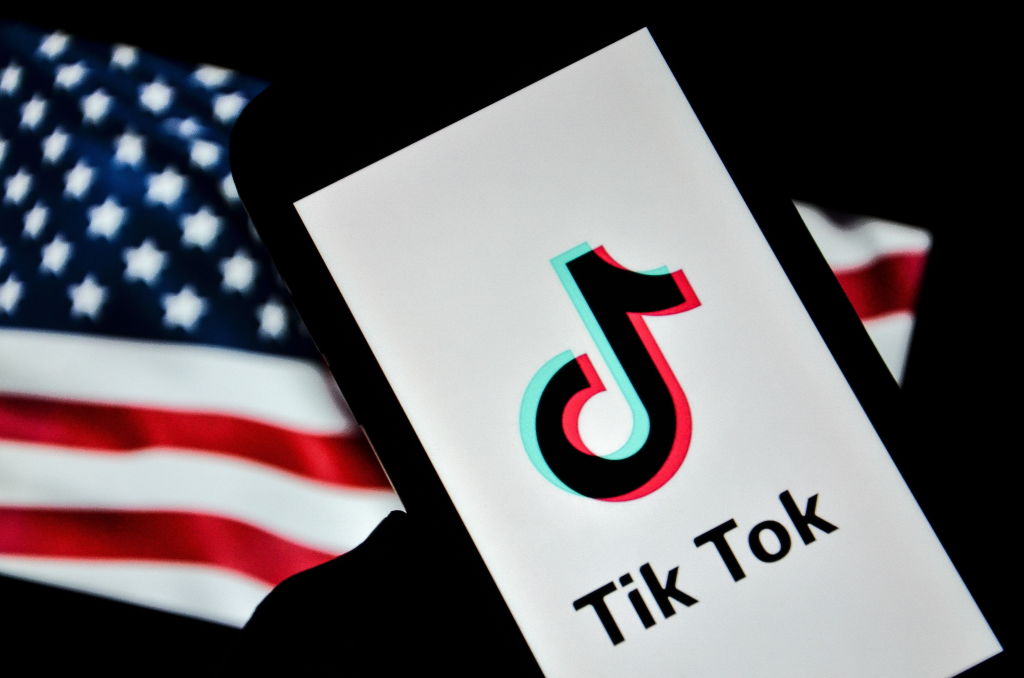
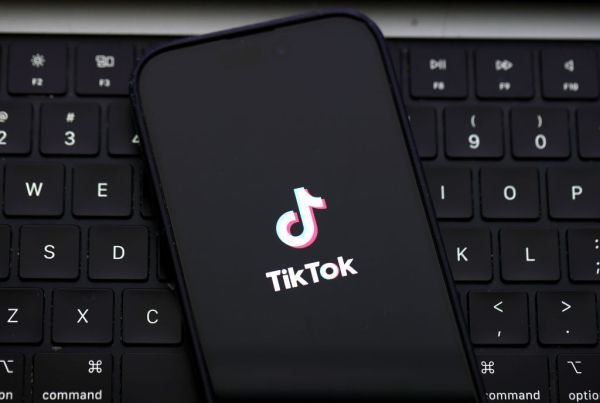
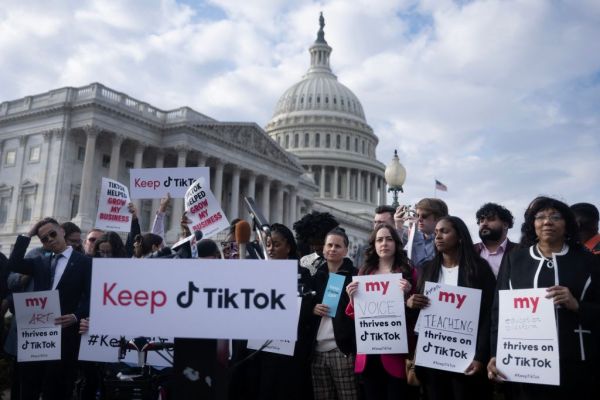
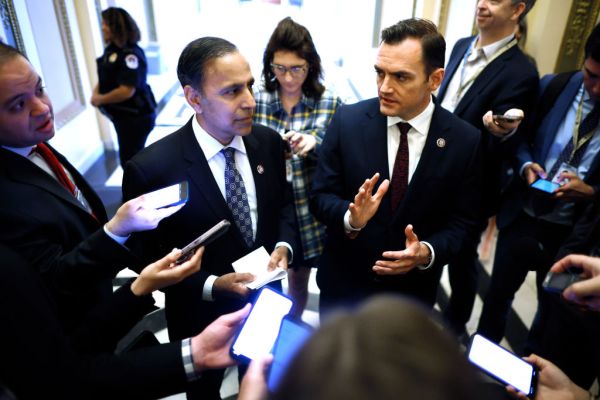
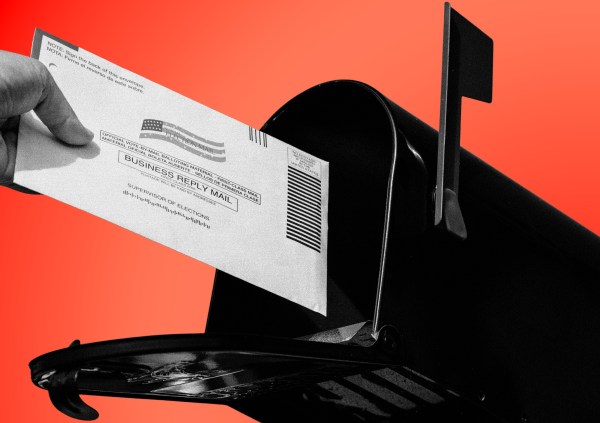
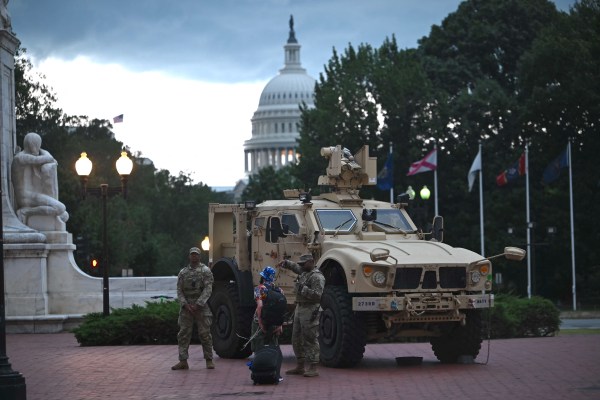



Please note that we at The Dispatch hold ourselves, our work, and our commenters to a higher standard than other places on the internet. We welcome comments that foster genuine debate or discussion—including comments critical of us or our work—but responses that include ad hominem attacks on fellow Dispatch members or are intended to stoke fear and anger may be moderated.
With your membership, you only have the ability to comment on The Morning Dispatch articles. Consider upgrading to join the conversation everywhere.